One of the most common questions homeowners ask when building a deck, fence, or other outdoor structure is whether termites will eat treated wood. While pressure-treated wood is designed to resist decay, pests like termites can still pose a challenge under certain conditions. Here’s what you need to know.
Termites and Treated Wood: What You Should Know
Pressure-treated wood undergoes a chemical process to protect it against insects, fungi, and rot. The treatment infuses the wood with preservatives that deter termites and other pests from feeding on it.
However, the protection is not absolute. Over time, the preservatives in pressure-treated wood can break down due to exposure to the elements, especially if the wood is not properly maintained. Additionally:
- Surface Damage: If the wood’s surface becomes damaged or weathered, it can create entry points for termites.
- Untreated Cuts: If treated wood is cut or drilled, the exposed areas are more vulnerable to termites unless properly sealed.
- Termite Behavior: Termites may not eat the treated wood directly but could tunnel through it to access other untreated materials.
While treated wood provides some resistance, it is not immune to termite infestations.
Better Alternatives: Naturally Termite-Resistant Woods
For homeowners looking for a more durable and termite-resistant option, several hardwood species offer natural resistance to termites without the need for chemical treatments. These woods are not only more durable but also don’t contain any chemical treatment. Here are some of the best options:
1. Ipe
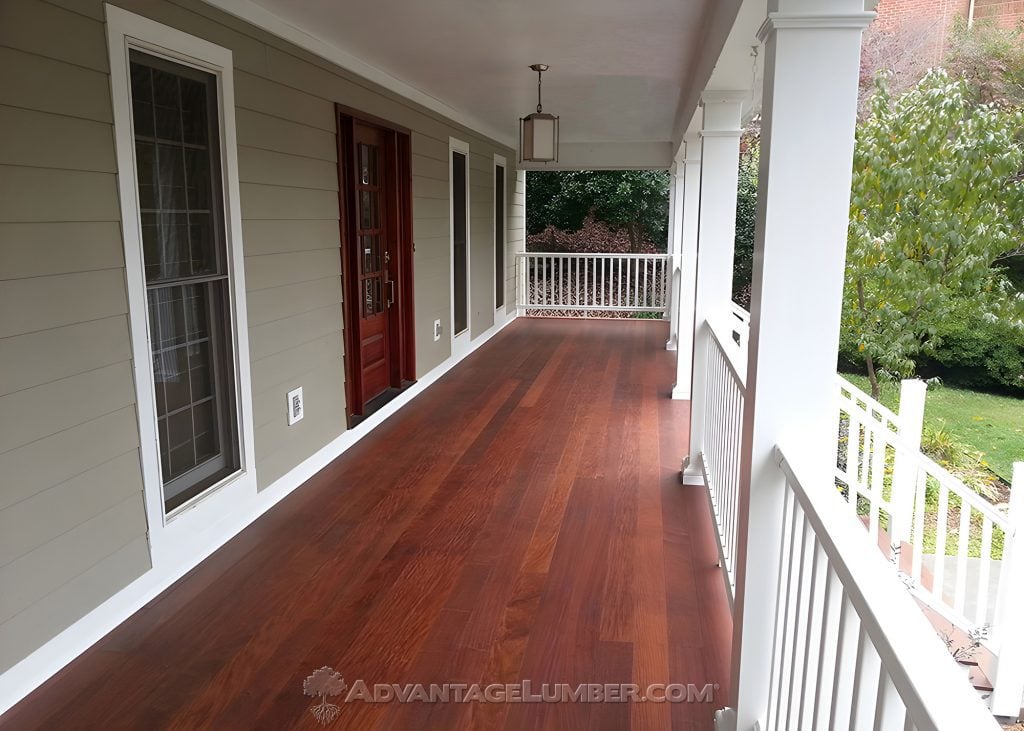
- Durability: Often referred to as “ironwood,” Ipe is incredibly dense and naturally resistant to termites and decay.
- Lifespan: Can last 50-75 years with minimal maintenance.
- Benefits: Extremely hard and strong, making it an excellent choice for decks, railings, and outdoor furniture.
2. Cumaru
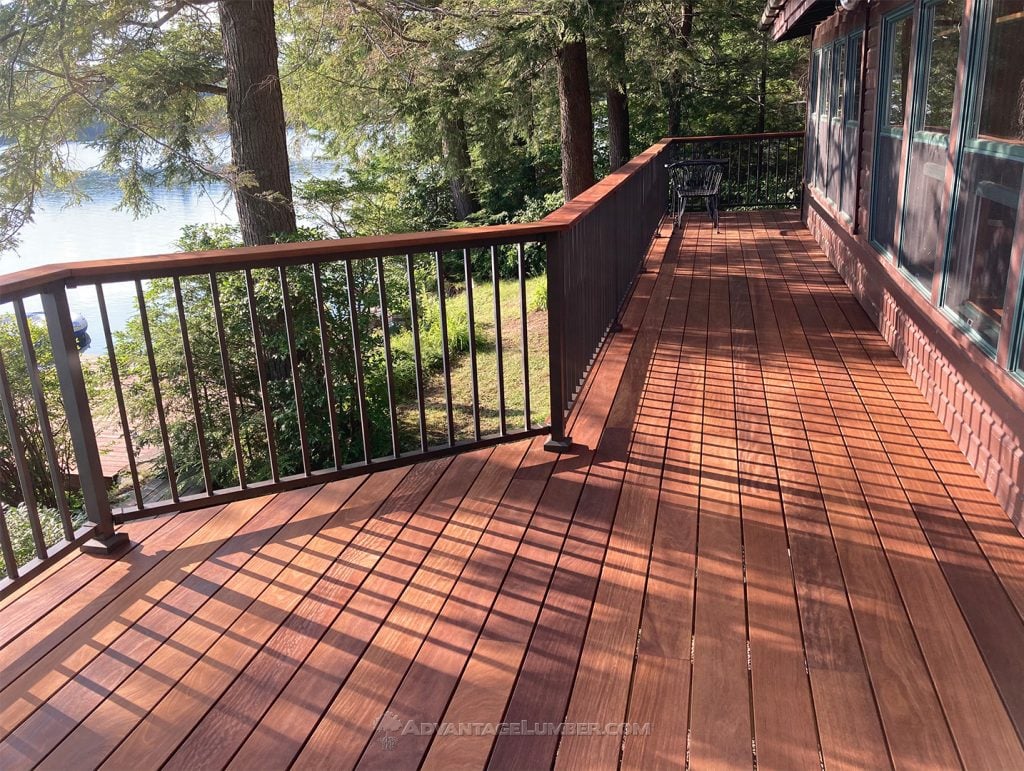
- Durability: Known as Brazilian Teak, Cumaru is nearly as dense as Ipe and provides exceptional termite resistance.
- Lifespan: Offers a similar lifespan of up to 40+ years.
- Benefits: A more affordable alternative to Ipe with comparable strength and beauty.
3. Tigerwood
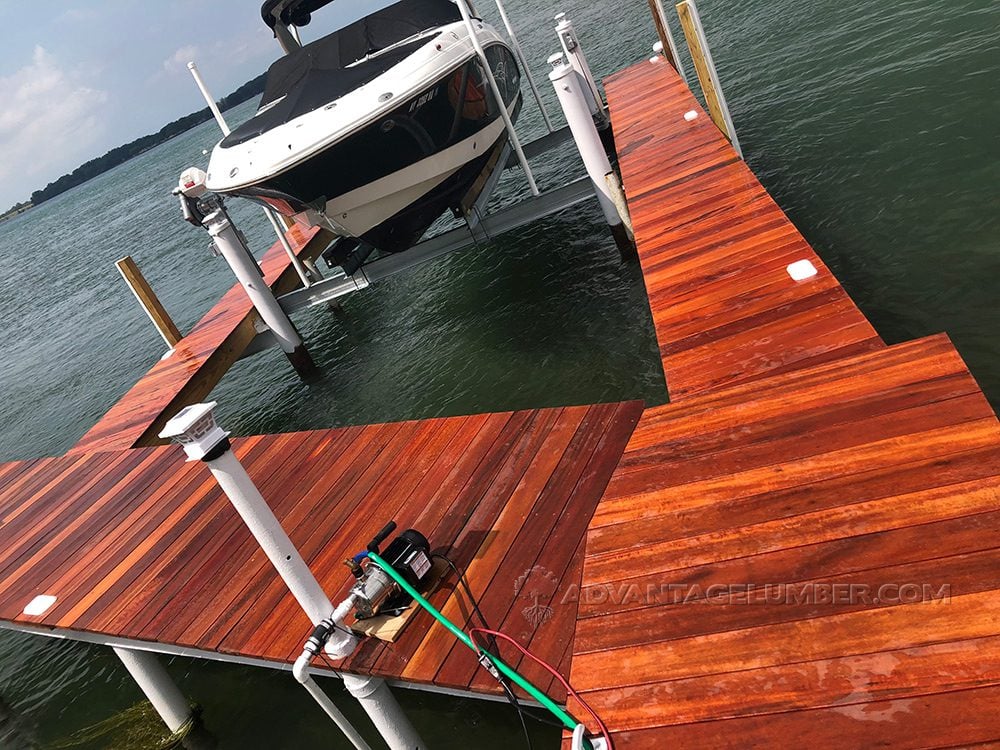
- Durability: This exotic hardwood features unique striping and is naturally resistant to termites and rot.
- Lifespan: Can last 30+ years with proper care.
- Benefits: Its striking appearance adds a bold, aesthetic appeal to outdoor spaces.
4. Garapa
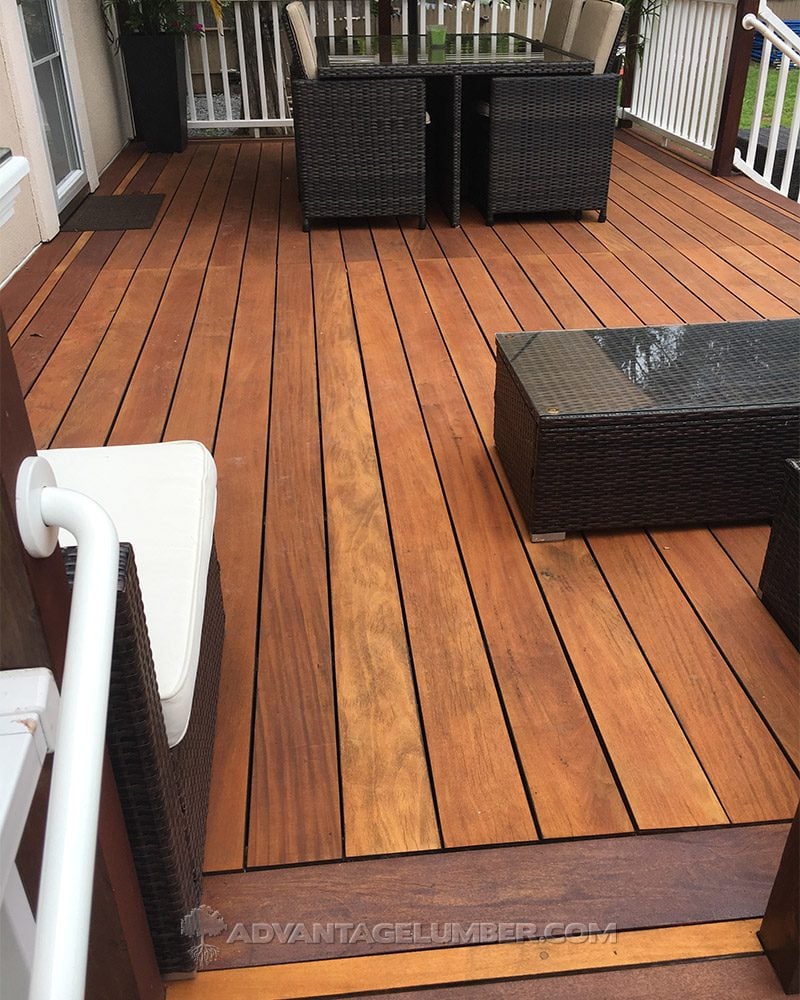
- Durability: Sometimes called Brazilian Ash, Garapa is naturally resistant to termites and less prone to decay than treated wood.
- Lifespan: With regular maintenance, it can last up to 30 years.
- Benefits: Offers a light, golden color that weathers beautifully over time.
5. Brazilian Redwood
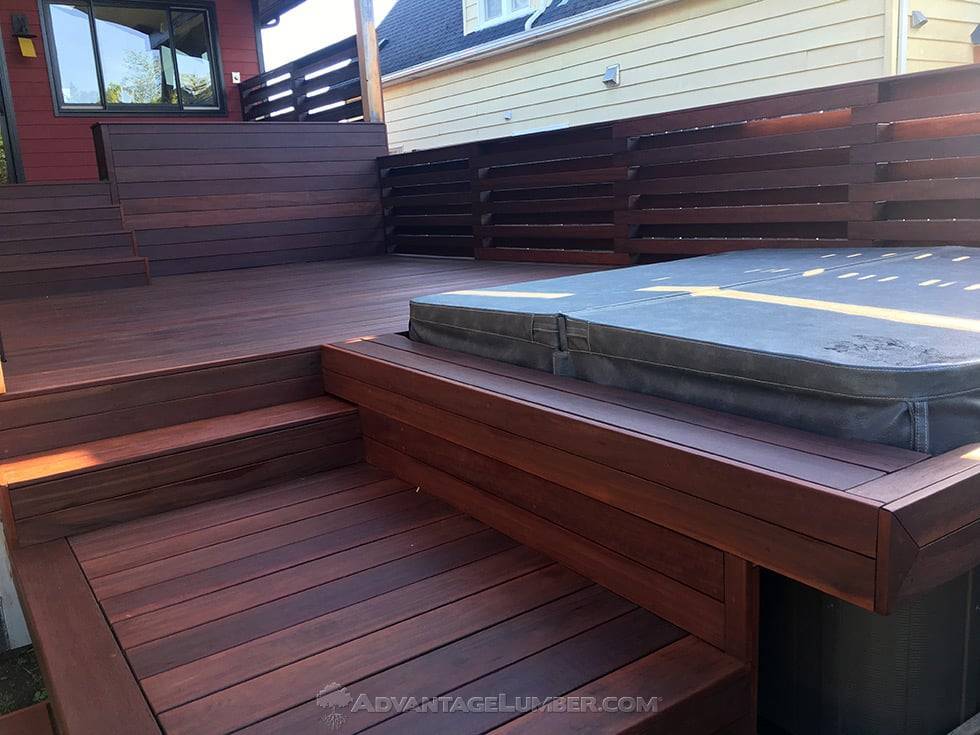
- Durability: Known for its rich, reddish hues and dense grain, Brazilian Redwood is highly resistant to termites and weathering.
- Lifespan: Can last 40+ years, even in harsh conditions.
- Benefits: Adds a luxurious feel to any outdoor project while requiring minimal upkeep.
Why Choose Naturally Termite-Resistant Woods?
Opting for termite-resistant hardwoods like Ipe, Cumaru, Tigerwood, Garapa, or Brazilian Redwood eliminates the need for chemical treatments and offers unmatched durability. These woods are not only beautiful but also perform better over time, making them a sustainable and cost-effective choice for outdoor projects.
Conclusion
While pressure-treated wood offers some protection against termites, it is not a foolproof solution. If you’re seeking a long-lasting, termite-resistant option, naturally durable hardwoods are the superior choice. Their resistance to pests, rot, and the elements ensures your investment will stand the test of time.
At AdvantageLumber.com, we offer high-quality hardwoods like Ipe, Cumaru, Tigerwood, Garapa, and Brazilian Redwood, perfect for any outdoor project. Contact us today to learn more about these incredible woods and how they can elevate your next project.